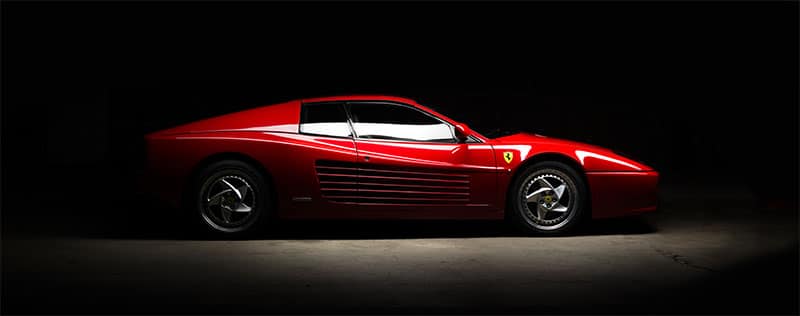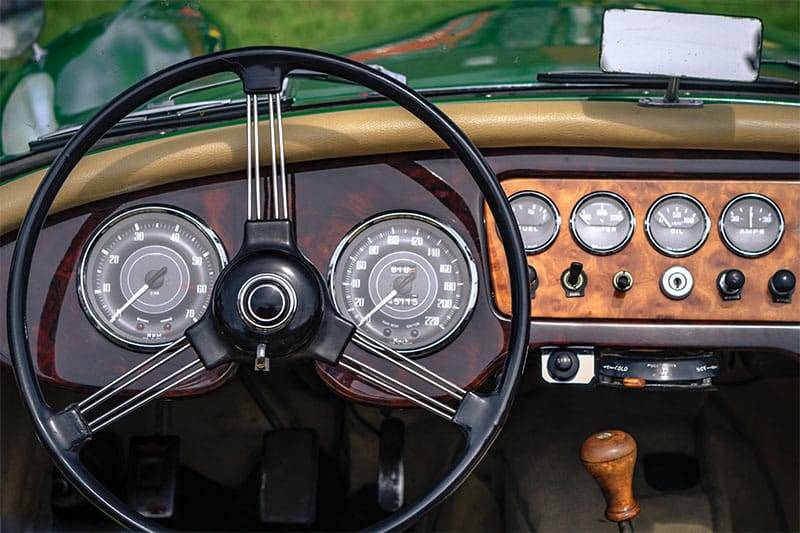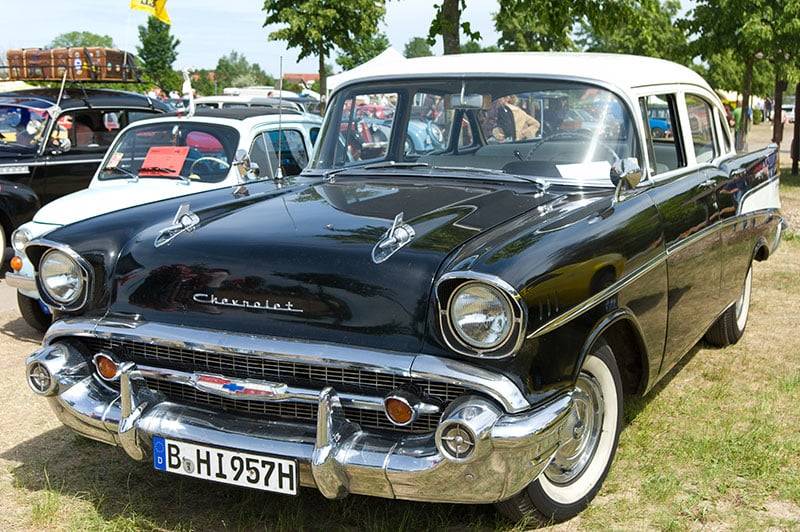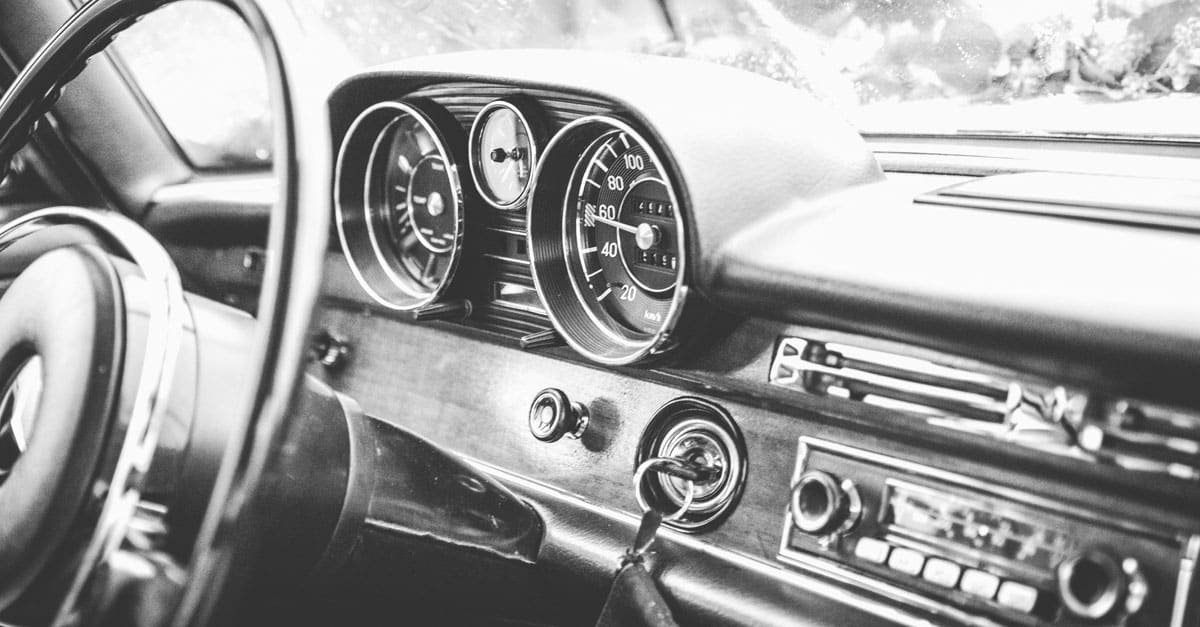Limited Supply and Growing Demand
One of the key factors contributing to the investment appeal of classic cars is their limited supply. Unlike modern vehicles, which are produced in large quantities, classic cars become increasingly scarce over time. The passage of time and natural attrition mean that the number of well-preserved classic cars decreases over the years. This scarcity drives up their value, making them an attractive option for investors seeking assets that have the potential to appreciate over time.

Historic Ferrari 512B Testarossa Car.
Photo Credit: AA+W – stock.adobe.com
Passion Meets Profit
For high net worth individuals who are also automotive enthusiasts, investing in classic cars offers a unique blend of passion and profit. Unlike traditional investments, classic cars offer a tangible and enjoyable ownership experience. The thrill of driving a meticulously restored classic car or displaying it at prestigious automotive events adds an emotional dimension that other investments simply can’t replicate.


A Lucrative Investment Avenue
While the stock market can be volatile and real estate markets can fluctuate, the classic car market has shown steady growth over the years. Several high-profile auctions have seen classic cars fetch staggering prices, with certain iconic models commanding multi-million-dollar bids. For example, the 1962 Ferrari 250 GTO is considered one of the most valuable cars in the world and has sold for record-breaking amounts in recent years.
Elevate Your Wealth Game: Empowering UHNWIs for Simplified Asset Management. Altoo Platform Preview
Diversification at Its Finest
The appeal of classic cars as investments goes beyond potential financial gains. These vehicles can add a valuable layer of diversification to a well-rounded investment portfolio. As a tangible asset, classic cars aren’t directly tied to the fluctuations of the financial markets, providing a degree of insulation against economic uncertainty.
Important Factors for Investing in Oldtimers
Investing in classic cars offers a unique blend of passion and potential financial gain. Before embarking on this journey, however, there are important factors to consider:
Determine whether your goal is long-term appreciation or short-term gains to customise your approach. A vehicle’s condition strongly influences its value; a mechanic’s inspection is critical. Rarity and authenticity significantly increase a classic car’s collector value. Consider not only the purchase price but also restoration, maintenance, storage, insurance, and contingency costs. Stay abreast of market changes and expert insights to make strategic adjustments. Diversify investments across cars and eras for a balanced portfolio. Patience is the key to long-term growth in classic car investing. Comprehensive documentation and provenance enhance a classic car’s appeal to potential future buyers.









